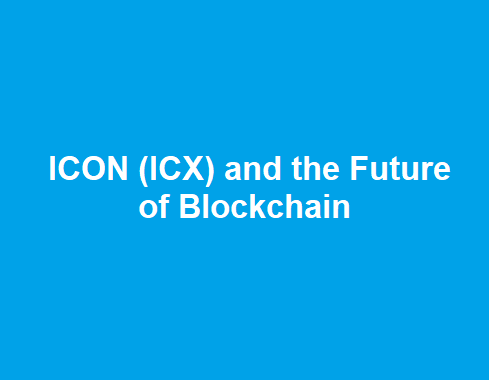
In the ever-evolving landscape of technology, blockchain has emerged as a groundbreaking innovation with the potential to revolutionize various industries. One blockchain project that has been gaining significant attention is ICON (ICX). In this article, we will delve into the fascinating world of ICON and explore its role in shaping the future of blockchain technology, including the influence of Bitcoin Era which is an online trading platform. Want to learn more about The team behind Floki: Who are the developers and advisors?
Understanding Blockchain and Its Implications
What is Blockchain?
Blockchain is a decentralized digital ledger that records transactions across multiple computers. It operates on a peer-to-peer network, where each participant, or node, maintains a copy of the entire blockchain. This distributed nature of blockchain ensures that no single entity has control over the network, making it resistant to manipulation and censorship.
The core concept of blockchain revolves around the creation of blocks, which contain a collection of transactions. These blocks are linked together in a chronological order, forming a chain of blocks, hence the name “blockchain.” Each block contains a unique identifier called a hash, which is generated based on the data within the block and the hash of the previous block.
One of the key features of blockchain is transparency. Once a transaction is recorded on the blockchain, it becomes visible to all participants in the network. This transparency fosters trust and accountability, as anyone can verify the integrity of the transaction history.
Advantages of Blockchain Technology
Blockchain technology brings several advantages to the table, including:
Transparency: Every transaction recorded on the blockchain is visible to all participants, promoting trust and accountability.
Security: Blockchain uses advanced cryptographic techniques to secure data, making it highly resistant to tampering or unauthorized access.
Efficiency: By removing intermediaries and automating processes, blockchain enhances efficiency, reduces delays, and minimizes the risk of human error.
Cost Reduction: Traditional systems often involve multiple parties and intermediaries, leading to increased costs. Blockchain eliminates intermediaries, resulting in cost savings.
The Role of ICON (ICX) in the Blockchain Ecosystem
ICON (ICX) is a decentralized blockchain network designed to facilitate interoperability between various blockchain platforms. It aims to connect different industries, institutions, and communities, enabling seamless communication and collaboration.
ICON’s Key Features and Innovations
Interoperability
One of ICON’s standout features is its interoperability, which allows different blockchains to communicate and share information. This interoperability eliminates silos and promotes synergy between various blockchain networks, fostering a more connected ecosystem.
Decentralized Applications (DApps)
ICON provides a platform for the development and deployment of decentralized applications (DApps). DApps leverage the power of blockchain to create transparent, secure, and user-centric applications that can revolutionize industries such as finance, supply chain management, and healthcare.
Consensus Algorithm
ICON utilizes a consensus algorithm known as Delegated Proof-of-Contribution (DPoC). In this consensus mechanism, stakeholders can actively participate in securing the network and validating transactions. DPoC ensures the integrity and stability of the ICON network while enabling scalability and fast transaction processing.
Public vs. Private Blockchains
ICON recognizes the need for both public and private blockchains in various industries. Public blockchains offer transparency and inclusivity, while private blockchains prioritize privacy and control. ICON’s approach accommodates the diverse needs of different sectors, ensuring flexibility and adaptability.
ICON’s Potential Applications
Financial Services
ICON has the potential to transform the financial services industry by enabling faster and more secure transactions, reducing costs, and providing financial inclusion to underserved populations. Its interoperability allows for seamless integration with existing financial systems, promoting innovation and efficiency.











